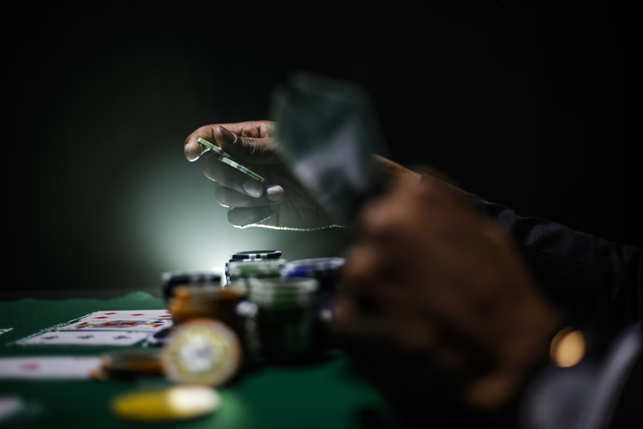Gambling addiction is an issue affecting many people silently. Many don’t open up to speak about it, thus end up suffering more.
The exact cause of gambling addiction isn’t known, but there are various signs to show that you are suffering from gambling disorder. Also, there are multiple risk factors to addictive behavior, and a professional therapist can guide you in dealing with your addiction.
What causes gambling addiction?
Gambling results from various factors, these can be genetic, medical issues and environmental factors mainly influence from peers and family. Gambling activates the brain’s reward system, making one want to gain more from the vice.
As one loses money, they believe that the only way to recover the cash is through betting more. Moreover, addicts experience a certain high as they gamble, which can be attributed to the continued release of dopamine.
Dopamine plays a vital role in our emotions. Our systems are triggered when we experience something rewarding. Repeated behaviors and drugs also help activate the reward system. Over time, one feels an intense urge or craving for certain behaviors after the brain gets dependent to dopamine.
What are the risk factors for gambling addiction?
There are various risk factors for gambling addiction, mostly age, sex, genetics, personality, and family or friends. Gambling is common among young people, and they are more likely to get addicted than the old. Sex also has a role to play. Gambling is common among males than females. However, some women are also addicted to gambling, though some start later in life. The good thing is that most people seek gambling disorder help in Tennessee and get the support they need to deal with gambling addiction.
Some vices are passed through family lines, and some genetics can predispose one to gambling, making them likely to suffer addiction. Personality characteristics like restlessness, impulsive behavior, and workaholics are likely to get addicted to gambling.
Lastly, friends and peers can also make one join some habits. For instance, if your friends gamble often, you are highly likely to join them. Mental health illnesses and some medications can lead to impulsive behaviors including gambling.
How to recognize gambling addiction?
There are many ways to tell whether you are addicted to gambling. Although most gamblers try to conceal the behavior, there are ways to spot it. Some signs of gambling addiction are;
· Being preoccupied with gambling most of the time
· Requiring high amounts of cash to keep gambling
· Trying to recover lost money by gambling more
· Missing work and other important appointments
· Debt incurred through gambling
· Strained relationships with friends and family due to gambling
· Inability to stop gambling even if you wish to
· Stress and anxiety when you try not to gamble
In summary, dealing with gambling addiction can be challenging, and you may wonder how to get out of it. However, engaging a therapist can make the journey easier. The professional can help you determine the main causes of the vice, and how to avoid triggers that push you to gambling. Also, they can help you determine strategies for dealing with gambling cravings, and hobbies you can engage in.



